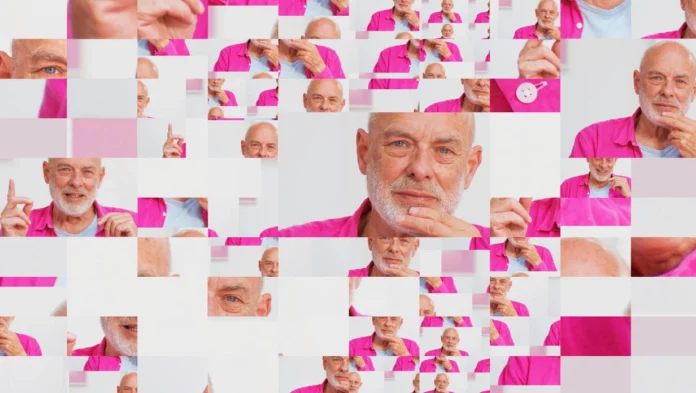In the opening scene of this hugely enjoyable Brian Eno doc, we find the composer/polymath bopping around in his home studio, thinking about a composition like an ecosystem. As he works, we see him add weather, and even an animal population to his piece. Eventually he tweaks some controls on his screen to alter the prospect of change – how probable it is that a musical phrase will occur again.
In the opening scene of this hugely enjoyable Brian Eno doc, we find the composer/polymath bopping around in his home studio, thinking about a composition like an ecosystem. As he works, we see him add weather, and even an animal population to his piece. Eventually he tweaks some controls on his screen to alter the prospect of change – how probable it is that a musical phrase will occur again.
DAVID BOWIE IS ON THE COVER OF THE LATEST UNCUT – ORDER YOUR COPY HERE
Eno’s “generative” – evolving, infinitely changing – way of making music has been the guiding principle for Gary Hustwit’s film. Rather than a whistle stop rockdoc taking in glam rock and ambience via Fripp, “Heroes” and the Bush Of Ghosts, the idea is that the movie is itself pretty much infinitely variable, being composed of pictorial elements and whole scenes which can swap in and swap out each time it’s played.
It’s clearly this which has piqued Eno’s interest enough to participate (“There’s never just one story,” he says in the Q&A afterwards), and he is a playful and radiant presence throughout the film. Notoriously shy of the retrospective, “our” version of the film finds him variously discoursing in a fuschia shirt, grooving with Bowie in 1993, creating ziggurats with televisions in New York, and delivering a lecture on why art is politically important. We also get Oblique Strategies, Apollo, a witty moment of David Byrne, some Fripp (but not enough) and Roxy (definitely not enough) and just the right amount of Devo and U2 (none). It was, Eno says in afterwards, not at all like the other version he saw, and more “poppy and wordy”.
Wordy works perfectly. Eno’s music is an infinitely lovely and thoughtful expanse, and so clearly is this film – but its real strength may be presenting its subject simply talking. At the Q&A, the other panel members lean into him entranced, and so will anyone who sees Eno, drawn in by his twinkling thoughtfulness and talent for clarity.
Early in the movie we hear Eno speak about how as a young art student he wanted to resolve some of the tension between fine art and rock music, and making some remarks about The Who. In the film Eno almost presents himself the anti-Who. Floating on a river, devising a way to use Duchamp’s urinal, playing an Omnichord, and quietly open to the idea that, if you stop and think about it, the complicated things are actually rather simple.
The official soundtrack to the documentary film Eno is released by UMR on April 26



